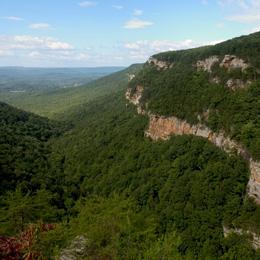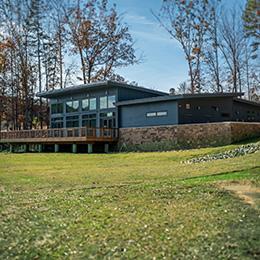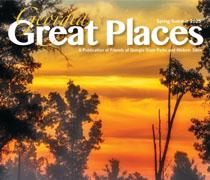» Pet Notice:
› Leashed pets are allowed on historic site trails, however, they are not allowed in buildings. Please view our Park Rules page for more information.
Acres of moss laden Live Oak trees, remnants of rice levees and a dairy operation, and seven nineteenth century buildings, hint at the impactful story of Hofwyl-Broadfield Plantation, offering clues to a past where the rich culture of initially enslaved and later free people of African ancestry is interwoven with that of people of European descent to form a distinct regional historical, agricultural, and natural treasure on the banks of the Altamaha River.
This beautiful plantation represents the history and culture of Georgia’s rice coast. In the early 1800s, using enslaved African laborers, William Brailsford of Charleston carved a rice plantation from marshes along the Altamaha River.
While many factors made rice cultivation increasingly difficult in the years after the Civil War, the family continued to grow rice until 1913. The enterprising siblings of the fifth generation at Hofwyl-Broadfield resolved to start a dairy rather than sell their family home. The efforts of Gratz, Miriam and Ophelia Dent led to the preservation of their family legacy. Ophelia was the last heir to the rich traditions of her ancestors, and she left the plantation to the state of Georgia in 1973.
A museum features silver from the family collection and a model of the original estate. A brief film on the plantation’s history is shown before visitors walk a short trail to the antebellum home. A guided tour allows visitors to see the home as Ophelia kept it with family heirlooms, 18th and 19th century furniture and Cantonese china. The site also includes a nature trail that leads back to the Visitor Center along the edge of the marsh where rice once flourished.
Facilities
- Museum & Film
- Visitor Center
- Gift Shop
- Picnic Area
- Bus Parking
Things To Do & See
- Film
- Field Trips
- Nature Trail — 4 miles
- Birding — Colonial Coast Birding Trail
- Picnicking
- Guided House Tour
Nearby Attractions
- The Golden Isles
- Crooked River State Park
- Fort Frederica National Monument
- Fort King George State Historic Site
- Reynolds Mansion on Sapelo Island
- St. Simons Island
- Altama Plantation
- Altamaha WMA















